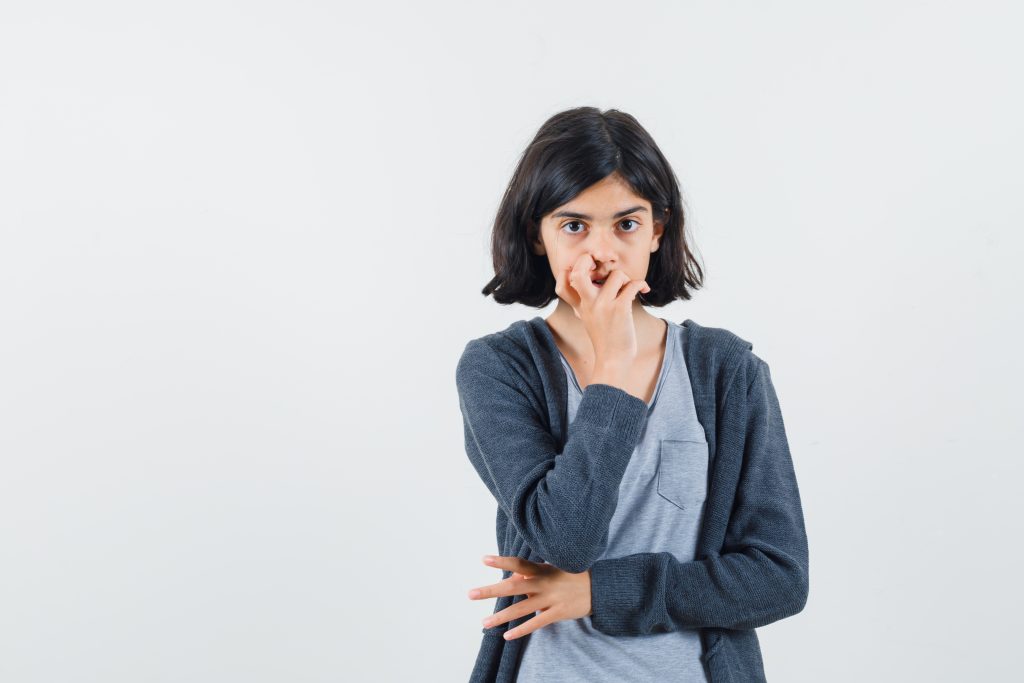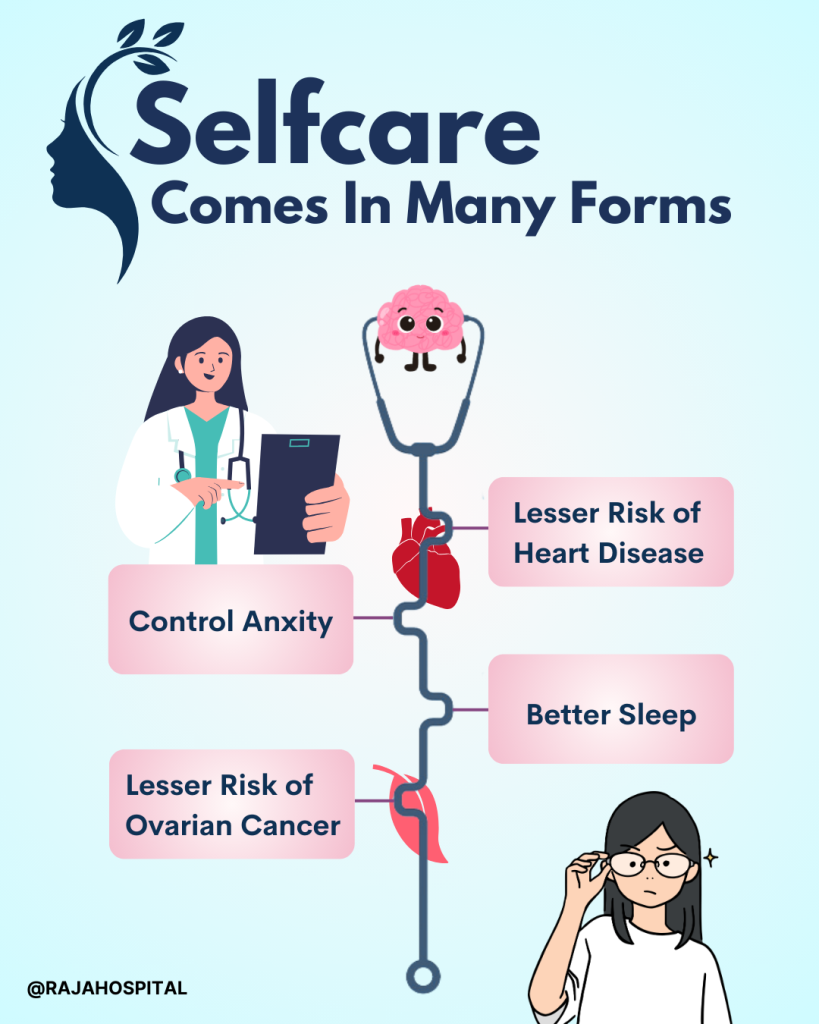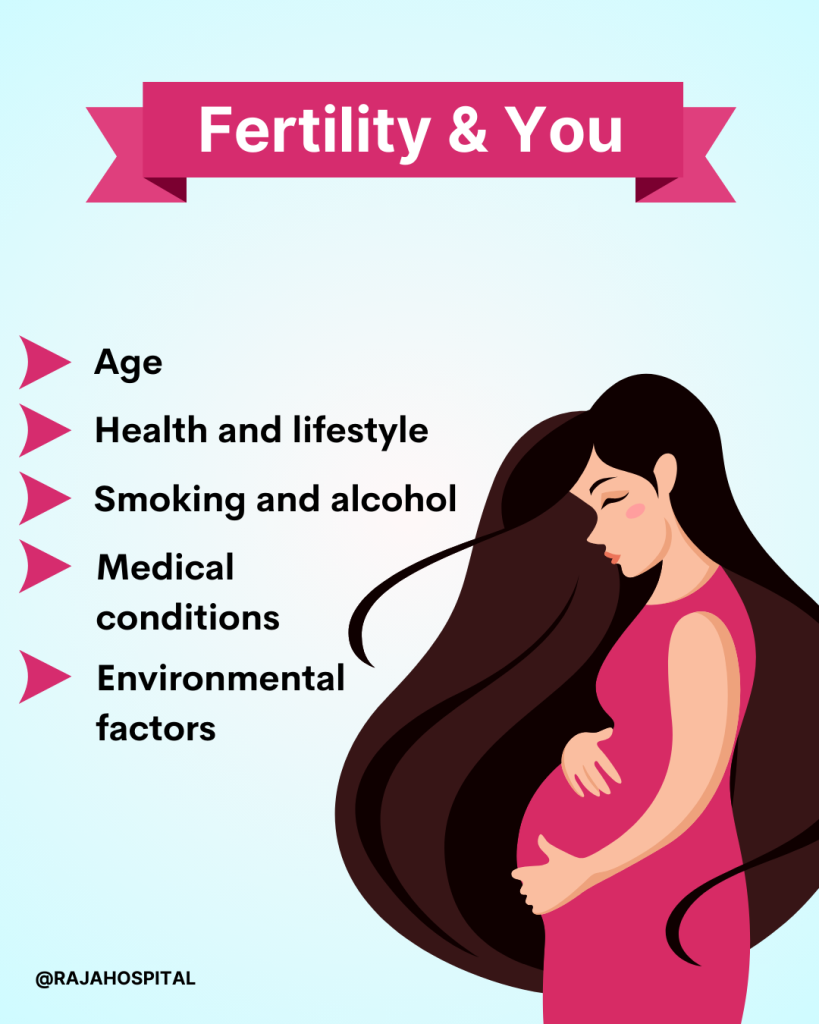Does Female Masturbation Cause Infertility? Revealing the Reality

Reviewed By Dr. Lakshita Saini (MBBS, MS Obs & Gynae) ON 31ST January 2024.
Female masturbation is a topic that has long been shrouded in myths and misconceptions. Social taboos have long surrounded female masturbation, a normal and healthy part of human sexuality.
There are still misconceptions despite recent advancements in research and transparency, particularly about its effect on fertility.
By utilizing reliable data to distinguish fact from fiction, we hope to debunk the myths surrounding the connection between female masturbation and infertility in this blog.
What is Masturbation?

The act of someone touching oneself for pleasure is known as masturbation. The penis, vagina, and other body parts that feel nice to the touch can all be touched in this way. Both individuals and partners may engage in self-inflicted sex. It can help you discover what feels right for you and is a natural aspect of human sexuality.
It’s important to know that masturbation is a private activity, and it’s okay to have questions about it. If you’re curious or unsure about anything related to your body and sexual health, it’s a good idea to talk to a trusted adult, like a parent or a doctor.
They can give you accurate information and help you understand your feelings. Remember, everyone’s body is different, and what feels good for one person might not feel the same for another.
Is It Really a ‘Bad Thing’?

It is generally accepted that female masturbation is a normal aspect of human sexuality and that it is a personal choice, even when a woman engages in it. Masturbation, according to numerous medical experts, can be a beneficial way to discover one’s body, learn what feels good, and let out sexual tension.
It’s important to know that everyone has their values and beliefs about this topic. Some cultures or individuals may view masturbation differently based on religious or moral beliefs. However, from a medical standpoint, masturbation is not harmful and does not cause physical or mental health problems.
It can have benefits like helping someone learn more about their likes and dislikes safely and privately. It’s also a natural way for people to relieve stress and can improve sleep quality.
Remember, whether or not to masturbate is a personal decision, and it’s okay to have questions about it. If you’re curious or concerned about this topic, it might be helpful to talk to a trusted adult, healthcare provider, or counsellor who can provide you with more information in a non-judgmental way.
How Masturbation Influences Women’s Hormones?
While it doesn’t impact ovulation or fertility, Masturbation helps you to an Orgasm. Now the question comes,
What is Orgasm?

American Psychological Association says that Peak pleasure is what’s known as an orgasm. In Orgasm, the reproductive organs, anal sphincter, and perineal muscles contract rhythmically as the body releases tension.
Everybody experiences orgasms differently. A powerful sensation of pleasure in the genitalia and throughout the body is sometimes experienced by individuals during an orgasm. When experiencing an orgasm, ladies typically contract their vaginal wall, and males typically ejaculate. Ejaculation can also occur in females after orgasms or during sexual engagement. Due to this certain hormones release through your body.
Health Benefits of Orgasm

- Enhances sleep through endorphin release.
- Alleviates menstrual cramps and pain.
- Boosts mood and reduces stress with oxytocin.
- Strengthens the immune system.
- Improves heart health and circulation.
- Maintains vaginal health through lubrication and elasticity.
Hormones that our Body Releases After an Orgasm
Your body releases oxytocin, sometimes referred to as “the love drug,” and dopamine, also referred to as “the feel-good hormone,” during an orgasm. These hormones work against the “stress hormone,” cortisol, by boosting feelings of happiness and other good emotions.
Can Female Masturbation Affect Your Menstrual Cycle?

Masturbation is a normal and healthy activity that many people do. It’s when someone touches their own body for sexual pleasure. Some folks might wonder if masturbation can affect a girl’s menstrual cycle.
The menstrual cycle is a monthly process that prepares the female body for pregnancy. It involves changes in hormone levels, the development of an egg, and the thickening of the uterus lining. If the egg isn’t fertilized, the lining sheds, which is what we call a period.
Now, here’s the thing: Masturbation doesn’t directly impact the menstrual cycle. Hormones control your cycle, and these hormones aren’t affected by masturbating. So, whether you masturbate or not, your body will still go through its regular cycle.
However, masturbation can indirectly affect your period. For example, it can help relieve menstrual cramps and premenstrual tension for some people. This happens because when you masturbate, your body releases endorphins. These are chemicals that make you feel good and can also act as natural pain relievers.
What if Someone Masturbates Excessively?
If someone masturbates a lot, it might be a sign that they’re using it to deal with stress or emotions. It’s usually not harmful, but if it gets in the way of daily life, like school or hanging out with friends, it could be an issue.
It’s important to have balance and if someone is worried about their habits, talking to a trusted adult or a healthcare professional can help. They can give advice and support on how to manage these feelings healthily.
Real Factors that Affect Your Fertility

When it comes to fertility, several real factors can have an impact. It’s important to understand that masturbation is not one of them. Here are some key things that can affect your ability to conceive:
- Age: As you get older, fertility tends to decrease. This is especially true for individuals with ovaries, as they are born with a finite number of eggs.
- Weight: Being significantly overweight or underweight can affect hormone production and thus fertility.
- Smoking: Smoking tobacco can lead to fertility issues in both males and females by affecting the health of eggs and sperm.
- Alcohol: Heavy drinking can reduce fertility. It’s best to limit alcohol if you’re trying to conceive.
- Stress: High levels of stress can interfere with certain hormones needed to produce sperm and eggs.
- Diet and Exercise: A balanced diet and regular exercise can improve fertility. However, too much intense exercise can have the opposite effect.
- Medical Conditions: Conditions like polycystic ovary syndrome (PCOS), endometriosis, or thyroid problems can disrupt fertility.
- Environmental Toxins: Exposure to pesticides, lead, and other toxins can affect sperm and egg quality.
- Sexually Transmitted Infections (STIs): Infections such as chlamydia and gonorrhoea can damage the reproductive system.
- Timing of Intercourse: Understanding when ovulation occurs can increase the chances of conception.
Final Thoughts
It is important to address the misconception that female masturbation can cause infertility. This belief is not supported by scientific evidence and can lead to unnecessary anxiety and shame for individuals who engage in this natural and healthy sexual activity. It’s a natural and healthy part of human sexuality. Infertility stems from medical conditions, not self-love.
Planning to start a family? You’re not alone. Our fertility experts are here to support you. From clarifying doubts to crafting a personalized plan, take the first step towards parenthood. Reach out for a consultation today!”
